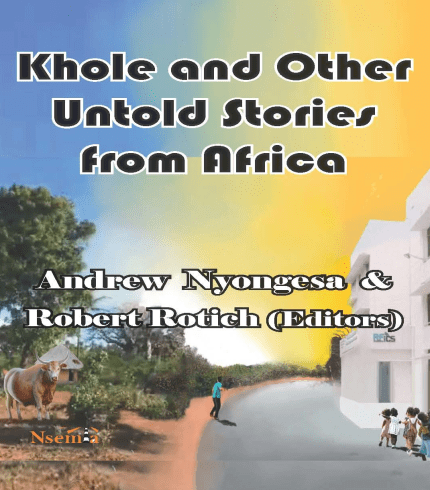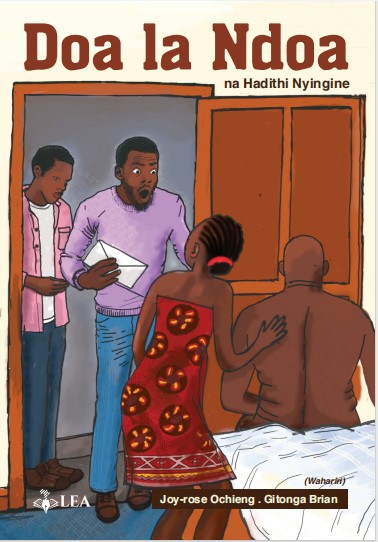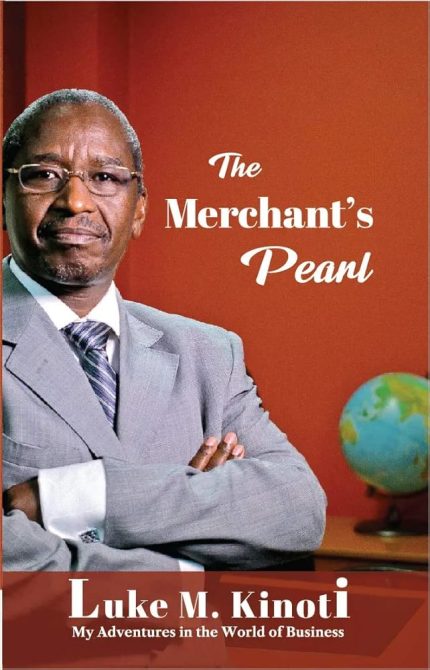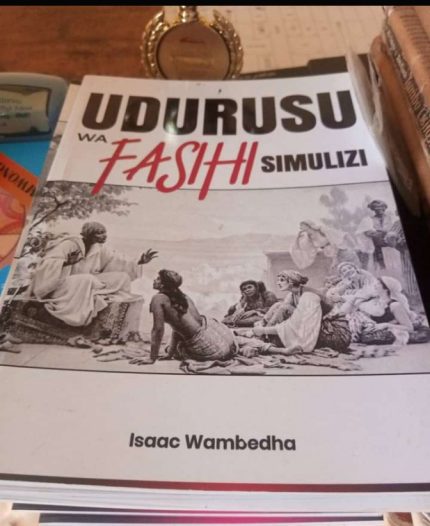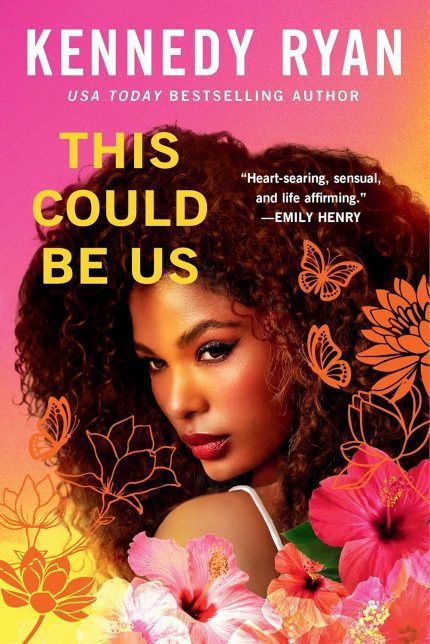The Blissabyss depicts the contradictions inherent in human life and its vulnerability to negative trajectories. Save for Nancy, Eugene, Fresha, and Brenda are idealistic in their youth. As they mature, they come to terms with a world with little room for ideals. Driven by ambition to succeed, Eugene reveals his plans to everyone only to encounter many obstacles on his journey to success. When his brother, Soita attempts to murder him, Eugene comes to terms with his delusions about being strong. Deprived of love and family, his tethers to idealism snap, and he drinks and spends in Nancy’s room contradicting his moral principles. After a fantastic love affair with Frank, Fresha loses her chastity. Eugene would have continued in his chosen destructive path without Professor Mukabi’s intervention. The author’s message: a supportive social environment is the sole prescription to mitigate the weaknesses ingrained in human nature.
What Others Say
“The characters in The Blissabyss represent a society at a crossroads with individuals seeking to find their feet and place in the face of shifting identities and generational transformations. Their interactions and experiences at the university cast aspersions on their long-held beliefs and open them to new vistas of a future that are substantially different from what they have been made to believe. These young characters act as a link betweewn the age-old beliefs and the future possibilities which need a sincere and rational engagement devoid of misconceptions and half-truths. This they do with varying degrees of success.” - Dr Maurice S Mwichuli, Lecturer, Literary Studies, Kenyatta University
“In The Blissabyss, Andrew Nyongesa uses elegant, contemplative language with a mix of poetic imagery and emotional depth. The text is rich and expressive creating vivid images of the settings. The description helps the readers to visualize the characters’ inner worlds and their interactions.” - Juliet Achieng’, Editor, Nsemia Inc.




